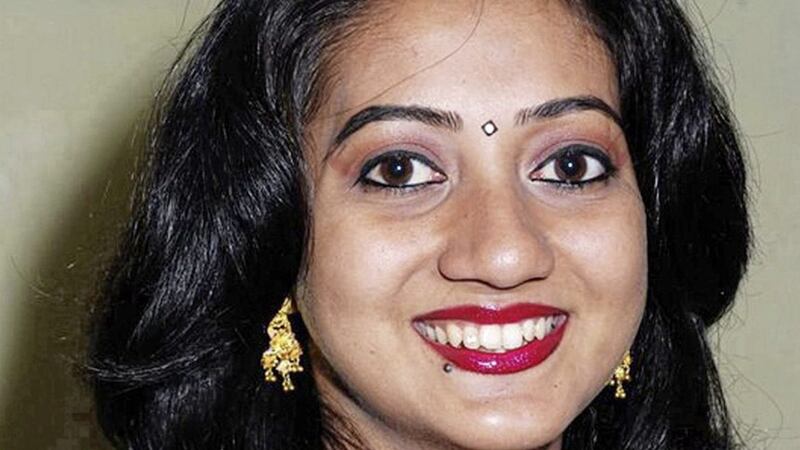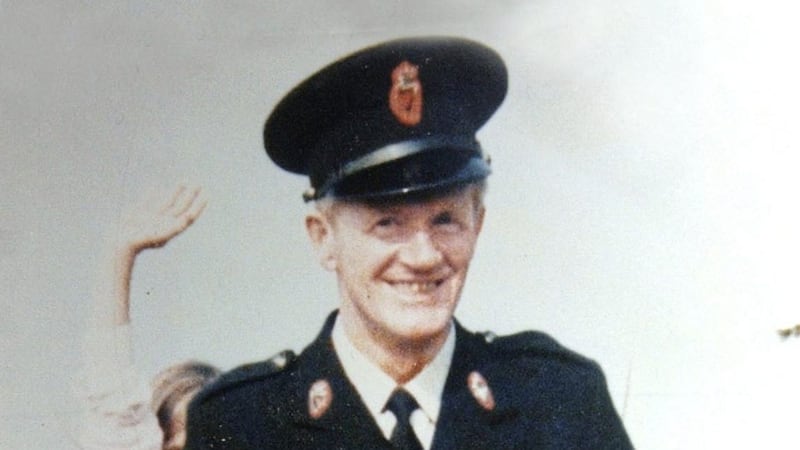DOCTORS have voiced concern over whether the Republic's Health Service will be ready to start carrying out abortions by January 2019.
The Oireachtas Health Committee heard warnings from doctors that more investment is needed in the health service to adapt to the "new reality" ahead.
The Republic's electorate voted to repeal the Eighth Amendment in May's referendum, with just under 67 per cent voting in favour of repeal.
President Michael D Higgins signed a bill on Tuesday officially repealing the Eighth Amendment, amending the country's strict abortion laws.
With guidelines still being drawn up, abortion services are set to start being offered in Ireland for the first time from January 1.
Draft measures would allow relatively free access to abortions, subject to consultation with a medical professional and after a short waiting period, up to 12 weeks after gestation and up to 24 weeks with restrictions.
But doctors warned the Oireachtas Health Committee on Tuesday that more investment is needed to be able to offer these services.
Representatives from the Medical Council, the Irish College of General Practitioners, the Institute of Obstetricians and Gynaecologists gave evidence to the committee.
Dr John O'Brien, president of the Irish College of General Practitioners, spoke of his concern at the timeline.
He pointed out there is already a strain on GP services, with 60 per cent of practices currently closed to new patients.
"There may be other matters taking place within the HSE or the Department of Health which I am not aware of, which might allay some of those concerns," he told the committee.
Dr Mary Favier, vice president of the college, said very few doctors are trained to carry out abortions in the country.
"The result of this referendum has created a new reality," she told the committee.
"Termination of pregnancy will be legalised for the first time in Ireland, this means that there are actually very few clinicians who are trained to deliver this care pathway unless they have received training outside of the jurisdiction."
Dr Favier said the college has been consulting with its members and have heard a number of concerns.
"There are concerns about capacity and resourcing issues such as staffing, facilities, training.
"They are concerned about the potential lack of appropriate specialist support, the possibility of medical complications for their patients, what will be the public reaction to those who don't provide and those who do.
"They have a fear of litigation, they wish to see an acknowledgement of conscientious objection and how to accommodate this in the clinical pathway but also an acknowledgement of conscientious commitment and how to support this."
Dr Peter Boylan, chairman of the Institute of Obstetricians and Gynaecologists, described the proposed timescale as "challenging".
He also warned of "infrastructural deficits in access to ultrasound in pregnancy".
"Introduction of a termination service without adequate scanning facilities is fraught with risk," he told the committee.
"The institute recommends that appropriate and immediate investment in ultrasound is an integral element of termination services."
He has called for round table meetings with all interested parties, including the Department of Health, to decide on a "pathway" for the implementation of services.
Dr Boylan warned they must set the service up right, adding "the consequences of getting it wrong are very serious".
The committee also heard from representatives from the Health Products Regulatory Authority (HPRA) over the licensing of abortion medication.
Clinical Assessment manager Dr Elaine Breslin outlined how medical termination of pregnancy is achieved by taking two medicines 48 hours apart to induce a miscarriage.
She said since the referendum results, the HPRA has received applications from drug companies to supply the medication in Ireland which are currently being assessed.
"If the applications are considered acceptable, marketing authorisations can be issued in late 2018," she told the committee.








